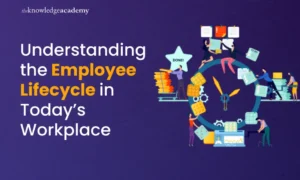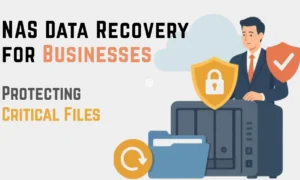Due to globalization, the evolution of companies and their needs, and the emergence of e-commerce, IT development has become an essential step for many companies that have to deal with reception, handling, storage, and shipment of goods. Thus, the logistics sector’s IT tools provide complete visibility and flawless traceability over all stages of the supply chain.
However, there is often a big gap between theory and practice, as some tools are ultimately not entirely suited to business functions. It is, therefore, preferable to opt for tailor-made, logistics software development company DICEUS.
Because your logistics tools must be perfectly suited to your business
While many logistics companies operate in the same sector, sometimes even in direct competition, dealing with the same type of goods, no two companies are identical. If we focus on logistics functions, history, internal skills, IT tools, machines available, surface area, and storage and processing spaces are different. As a result, a company’s ideal logistics solution may not be suitable for its direct competitor.
Thus, any logistics manager must identify what makes his company unique and identify each essential element of the organization, its structure, its teams, and its tools. From this precise knowledge, perfect knowledge will emerge to recognize the best device to meet its objectives.
This process is complex and requires real expertise. Thus, companies specializing in developing logistics solutions and software such as WMS, WCS, and TMS, delegate within the company an expert who will carry out a logistics audit of the existing one. The idea is to benefit from a clear vision by analyzing the site, producing a detailed report of the current situation, and proposing an implementation plan for a solution perfectly suited to the company.
Solutions adapted to the specific functions of your company.
Even more than the company’s operation, the logistics tools must be able to perform their functions perfectly. Thus, in the same way, in office automation, a series of software is intended for various tasks (spreadsheet, word processing, computer graphics, etc.). In the world of computing, there is software adapted to the challenges of logistics.
Suppose the optimization of warehouse management, the automation of mechanized systems, or transport administration is closely related because they are all linked to the supply chain. In that case, they are different functions with specific needs.
Thus, WMS (Warehouse Management System) software is dedicated to optimizing the management of logistics warehouses, WCS (Warehouse Control System) software is dedicated to the control and automation of mechanized systems and TMS (Transport Management System) is specifically related to transport management.
However, these solutions must be interconnected and synchronized to allow the company to benefit from complete and simplified control over its entire logistics chain. This will optimize the activity and performance of the company, better inventory management, process optimization.
Complete support, from the audit to the integration of the logistics solution
An action plan and recommendations are not sufficient for the implementation of new logistics tools. Although the intuitiveness of specific solutions, logistics management, and optimization software’s integration remains a complex step. It relies on a level of expertise that only the companies in charge of their development have.
Also, the integration phase must consider all the specificities observed during the audit phase to fully deploy the potential of the WMS, WCS, or TMS software.
Thus, it is preferable to rely on a company that offers complete support on all project phases and even beyond guarantees of support, maintenance, and after-sales service.
In the pre-project phase, the company’s functional analysis will make it possible to validate the company’s specific specifications for the creation and development of a personalized and solution. The company in charge of development and integration will carry out all the settings, tests, and connections with existing tools by involving the end customer.
It will train users and prepare the company for the changeover phase. Finally, it will take care of integrating existing data, the physical scale, the operational launch of the logistics software, and assistance as soon as it becomes necessary.
































































